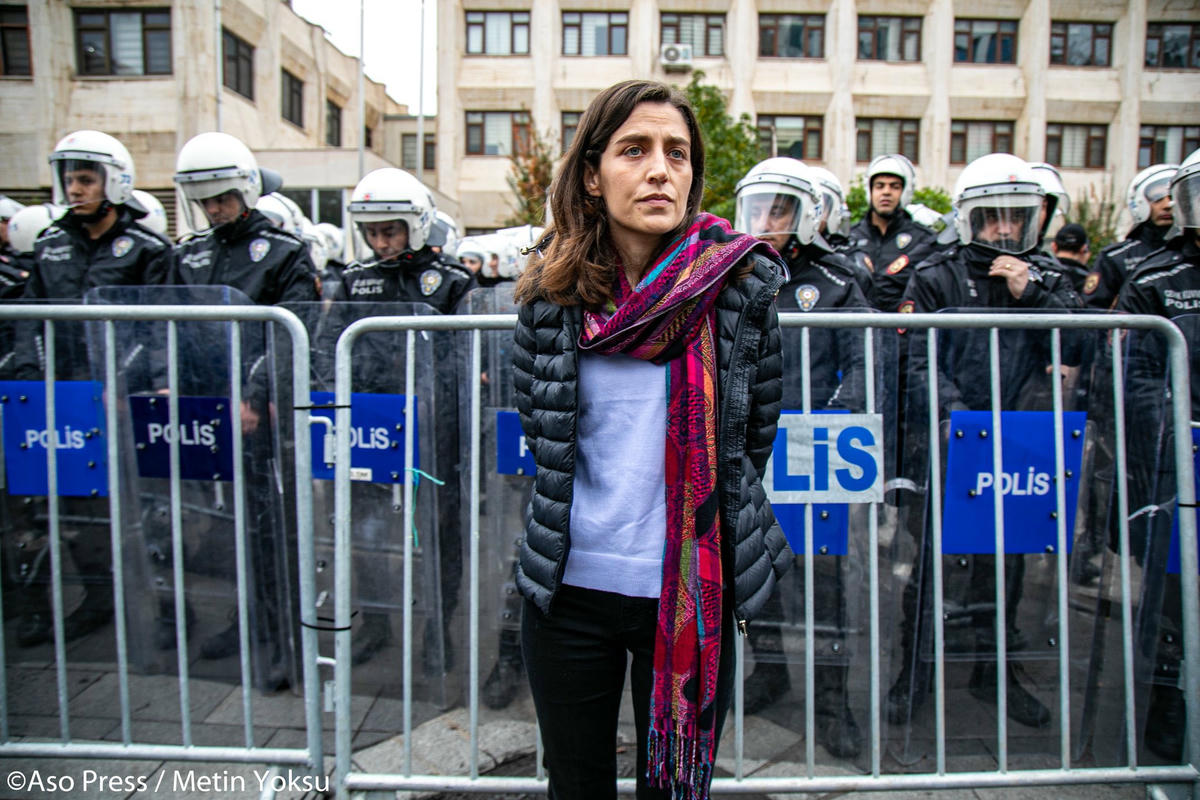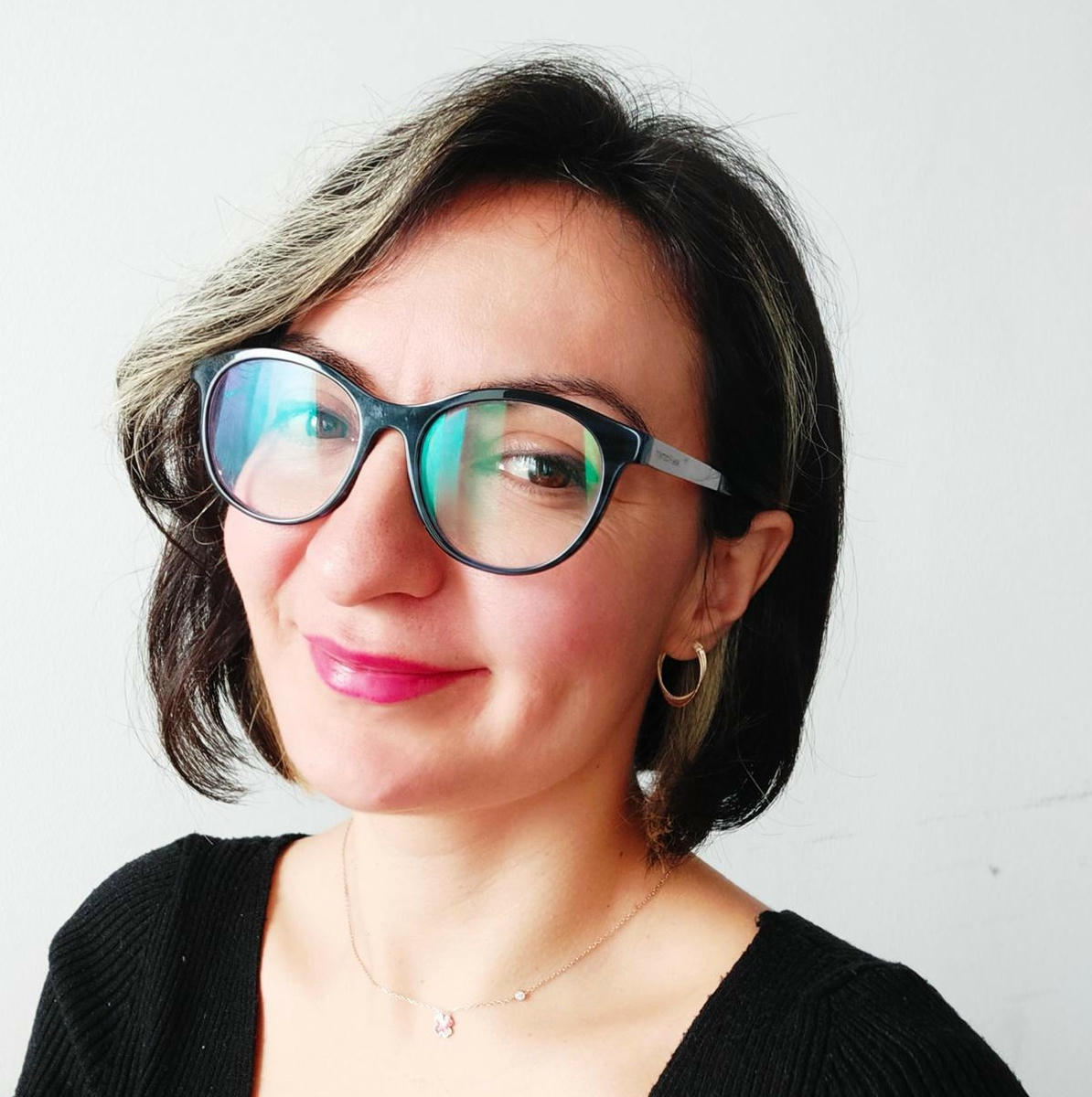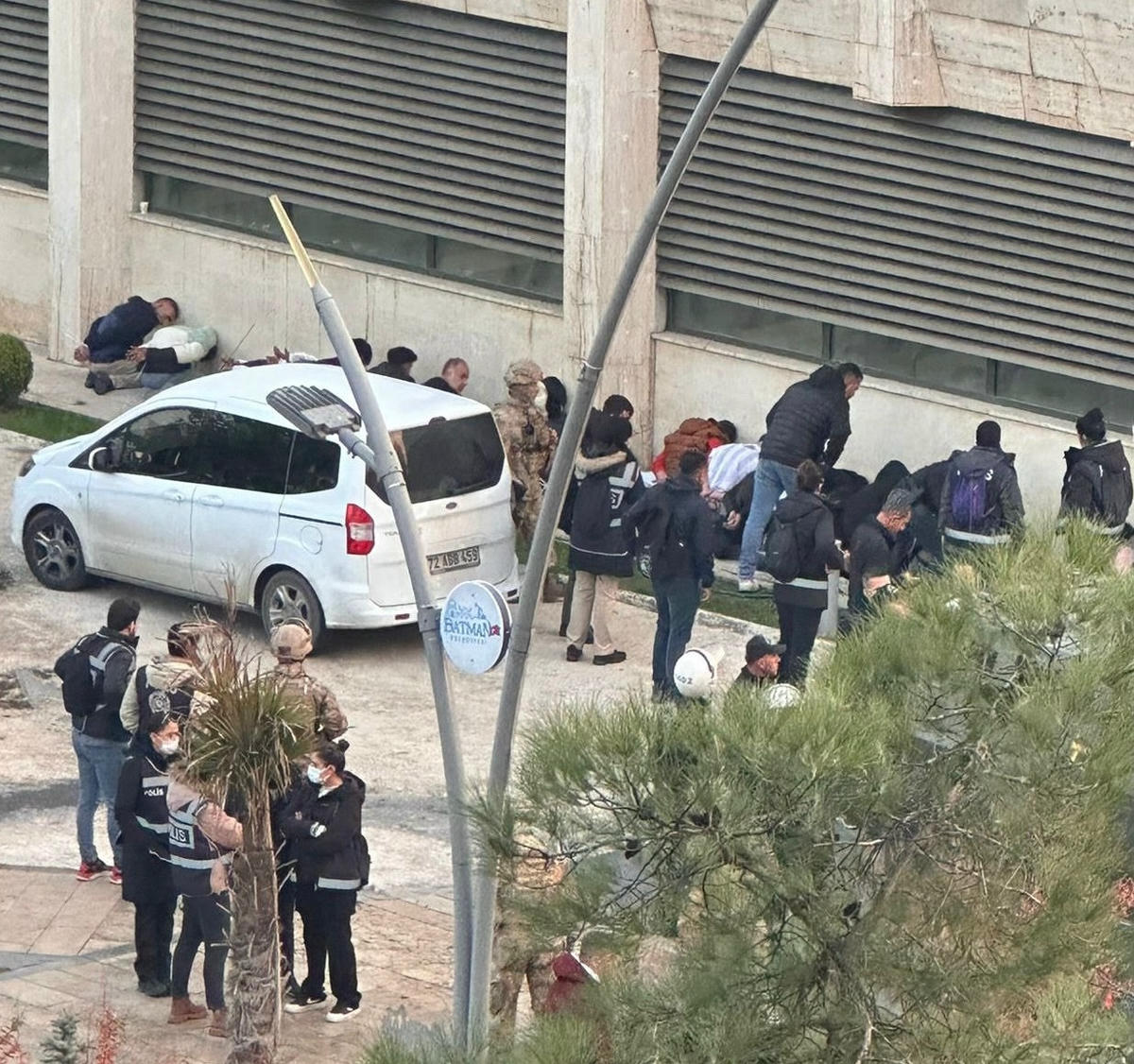Authoritarian “solutions” where non-solutions are deliberately chosen


Is this a real step towards solving Turkey's ancient problem or is peace the goal? Is there talk of a new process in the Kurdish issue, or are the words spoken by Devlet Bahçeli signalling a new process in the government's general political map? Is this a move to distract from the agenda or to distribute the cards of the new agenda? Is the AKP drifting, or is this exactly what it is aiming for? Turkey has been talking about these questions for a few weeks.
This article is being written at a time when protests have erupted in many cities following the appointment of trustees to the municipalities of Mardin, Halfeti and Batman, and many people have been subjected to violence and detained. At the time this report was being written, there was a strong sense of ‘unresolution’, and the first days of its publication coincided with Devlet Bahçeli's invitation to Abdullah Öcalan to the Grand National Assembly of Turkey. The aftermath is well known: Mayors elected by the will of the people were once again dismissed from office on grounds that were not only unlawful but also irrational, and the first poses taken by the appointees who replaced them...
It is important for those who do not want to waste the slightest chance of a permanent solution and an honorable peace to calmly make sense of this ebb and flow of politics. The report titled “Looking at the Kurdish Problem with its Changing Dynamics after 2015 in Terms of Authoritarian Conflict Management” puts some of the pieces in place and offers a perspective that can serve as a source.
 Güneş Daşlı
Güneş DaşlıRevised ‘counter-terrorism’ concept
The report was written for Demos Research Association by Güneş Daşlı, who works on issues such as post-conflict reconciliation, transitional justice and enforced disappearances and is currently conducting his post-doctoral research at Loughborough University. Daşlı bases the main perspective on the shift from the ‘liberal peace settlement’ to the ‘non-liberal’ model, which was guided by concepts such as human rights, rule of law, dialogue, negotiation, and sometimes led by countries such as Norway or the UN, when dealing with internal conflicts in the 1990s. The weaknesses of the liberal version and its success tested by practice have been and are being discussed a lot. But the darker phase that began in the first decade of the 2000s deserves a separate analysis. Daşlı describes this new type of ‘resolution processes’ as ‘Authoritarian Conflict Management’, a model in which ‘authoritarian powers such as Russia and China play an active role, international supervisory mechanisms are eliminated and attempts are made to prove that the armed actor is not a legitimate interlocutor, let alone negotiating with the armed groups that are parties to the conflict’. Turkey, where authoritarian policies have been on the rise since the collapse of the 2013-2015 solution process, differs from Sri Lanka and Myanmar, the first examples to adopt this model, in that the problem is still acute. In Sri Lanka, at least the guns are silenced.
The report is based on the basic idea that authoritarian regimes consider keeping conflict processes at the ‘unresolved’ stage as a kind of solution for themselves, and that they realise this not only with military force but also by supporting it with a series of political, spatial and economic policies. The underlying structural causes of the conflict are not specifically addressed, any democratic space for a solution is seen as a threat, and the involvement of international actors is not recognised. It can be coordinated with neoliberal policies and corruption can be used as a tool.
After 2015, the authoritarianisation process of the Turkish government has formed the main axis of the state's approach to the Kurdish issue. The ‘fight against terrorism’ concept typical of the 1990s, such as unlawful detentions and arrests and censorship, continues, and new moves such as social media censorship have been added to it. We can also include the urban transformation and TOKİisation initiated by the state in Sur, Diyarbakır, which was destroyed during the curfews and conflict period. Daşlı reminds us of the Chinese administration, which used the name ‘Kashgar Dangerous House Reform’ to rebuild Kashgar. While Uyghurs were expelled from their traditional places, the region was transformed and opened to tourism.
The trustee policy, which has been normalised and generaised by the government over the years, is a mechanism that can contain and operate all these administrative tendencies together. Its frequent application and widespread use can be explained by its usefulness.
 Detained persons after the trustee protest in Batman Photo IHD Batman.jpg
Detained persons after the trustee protest in Batman Photo IHD Batman.jpgThe need for a third road
Although the liberal concept of peace can be criticised, it is necessary to see that the ‘illiberal peace’ concept abuses the hope for peace and uses it as a material for political manipulation. Then the following difficult question awaits to be asked: Is peace not possible with these actors? When we ask Daşlı this question, she too has difficulty in giving a clear answer:
“I am going to be a bit frank, and it may be pessimistic. I would like to answer the question from the perspective of the global trend towards illiberal peace. Unfortunately, these antidemocratic, illiberal peace projects that are gaining weight in conflict experiences at the global level are not promising. We, researchers and academics who are based on the critical peace literature and who look at the issue from this perspective, were very critical of the liberal peace projects led by the EU and the UN, even though there were successful examples such as South Africa and Northern Ireland in the 90s. We said ‘from above’, we said ‘it imposes western norms’, etc. Then in 2009 these projects evolved into something worse. For the last ten years, we have not been able to produce an alternative to this authoritarianised conflict resolution model either in the international literature or in social struggles. The point we have reached is ‘let's at least preserve the good aspects of liberal peace projects’. The only exception to this pessimistic process going downhill is Colombia. There, the liberal peace project has worked and is working very well. But there is no other example. As a world, we need to find an alternative, third way in conflict resolution and peace building. Yet such a way out is not yet visible in the international arena.”
From here we come to a more topical issue. Speaking in the context of Turkey, how should we evaluate the government's Kurdish policy, which seems to be unstable, when in fact this is precisely the government's preference? Is there a possibility of a solution here? What role does the opposition play at this stage?
“You are actually asking whether Turkey and the Kurdish question will be an exception to this general pessimistic period. I hope so. If I think only about Turkey, my main academic field is transitional justice and enforced disappearances. The AKP period is a period in which the concept and sense of justice has been extremely eroded. I am one of those who think that in a country in conflict, where the sense of justice has been destroyed to such an extent, peace can be discussed only after this is repaired a little bit. In a period when the scales between justice and peace are so tipped, these things are really difficult. From this point of view, yes, not with the AKP. Our sense of justice must be restored. I am not only talking about legal regulations, it is also important that things like the feeling of ‘we are a society’, the awareness that we have responsibilities towards each other, and being able to say ‘we are safe’ come along with justice. I think that the opposition is responsible for creating spaces that can strengthen this sense of justice. Municipalities should use their resources for social justice; they should use all their resources for social values such as solidarity, togetherness, cohesion in trust. I am talking about associations, trade unions, all structures, small and large. Such spaces open cracks in the public sphere that the government has authoritarianised, and they show people the alternative. It is very important that these spaces proliferate through discourse and action, through building relationships with each other.”
(The full report can be read here. )


